Cult leader who ‘told his Good News International Church members to prepare for the end of the world by starving themselves’ to be charged with murder after 429 bodies are found in mass graves
- Paul Mackenzie is accused of convincing followers to starve themselves
- More than 400 dead bodies were found in mass graves in Kenya
- He and more than 90 others have been charged with murder
A cult leader who allegedly ordered his followers to starve themselves in preparation for the end of the world has been charged with murder after mass graves containing 429 dead bodies were found in a Kenyan forest.
Kenya’s director of public prosecutions said on Tuesday that Paul Mackenzie, along with more than 90 others, will be charged with murder, manslaughter, radicalisation, cruelty and child torture, among other charges, after the bodies were exhumed last April.
More than four hundred bodies, including children, have been exhumed from dozens of mass graves in the remote Shakahola forest in southeastern Kenya.
Most showed signs of starvation, but many, including children, bore markings indicating they had been abused.
Mackenzie, who is currently in prison after being convicted last November of running an illegal movie studio for his church, and his underlings are accused of telling followers of the Good News International Church to starve themselves to prepare to kill the to enter heaven.
Paul Mackenzie (pictured) and his subordinates are accused of convincing followers of the Good News International Church to starve themselves
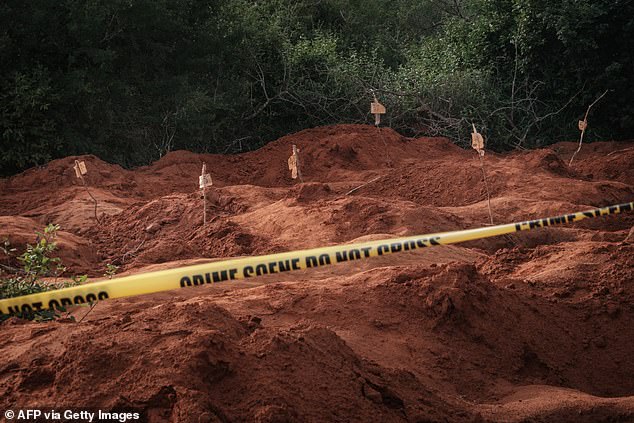
Dozens of mass graves containing 429 bodies have been found in a remote Kenyan forest
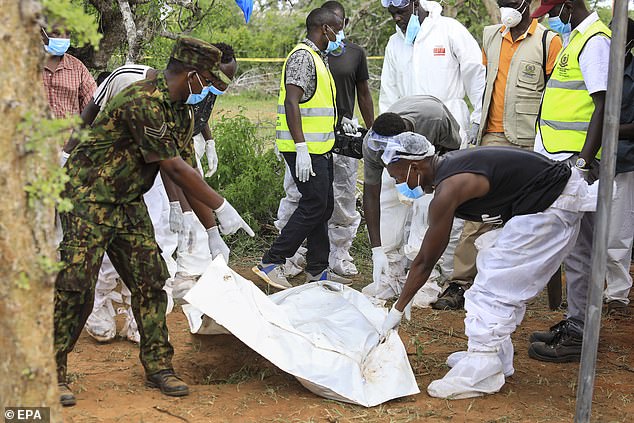
Researchers exhumed the bodies, most of which are children
Mackenzie denies the allegations, claiming he could not have caused the deaths of the many hundreds found in mass graves when he closed his church in 2019.
The top official in charge of Kenya’s prosecution, Mulele Ingonga, filed the charges in response to pressure from authorities a magistrate in the coastal area of Kilifi threatened the prosecutor to prosecute the suspects within two weeks or the court would release them.
For months since the arrests last April, prosecutors had asked the court for permission to detain church leader Paul Mackenzie and 28 others while they investigated the case that shocked Kenyans with the discovery of mass graves and allegations of starvation and strangulation.
Chief Magistrate Yousuf Shikanda rejected the latest request to detain the suspects for another 60 days, saying the prosecutor had been given sufficient time for a full investigation.
Investigators began investigating the church after police rescued 15 emaciated parishioners from Mackenzie Church in Kilifi County in southeastern Kenya, following a tip from a local rights group. Four died after the group was taken to a hospital.
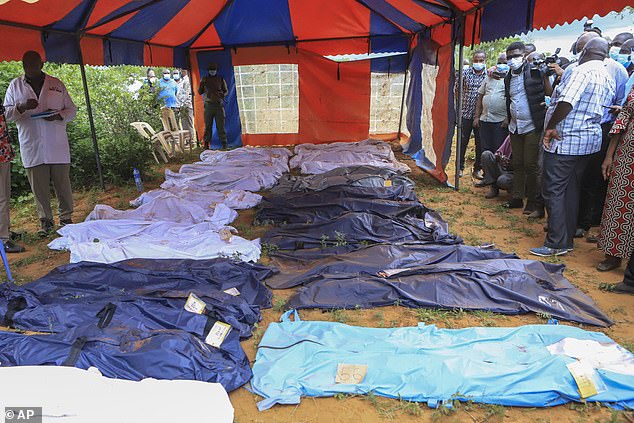
Investigators began investigating the church after police rescued fifteen emaciated parishioners from Mackenzie’s church
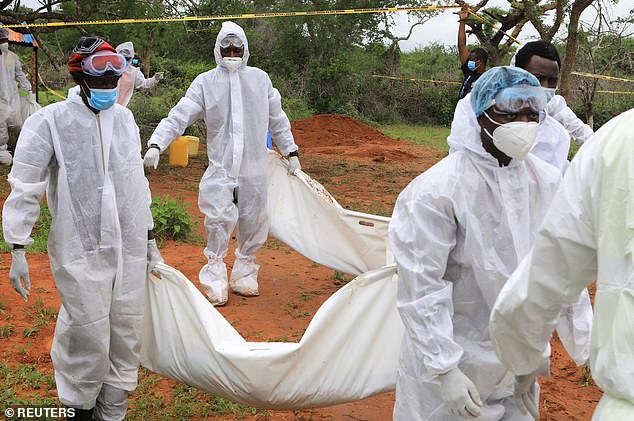
Cults are common in Kenya, which has a largely religious society
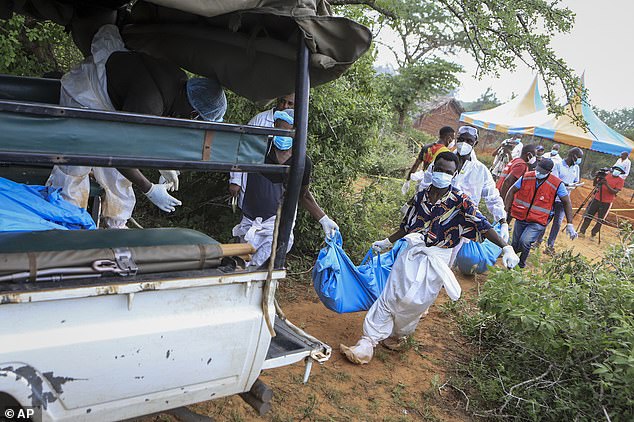
Mackenzie denies the allegations, claiming he could not have caused the deaths of the many hundreds found in mass graves when he closed his church in 2019.
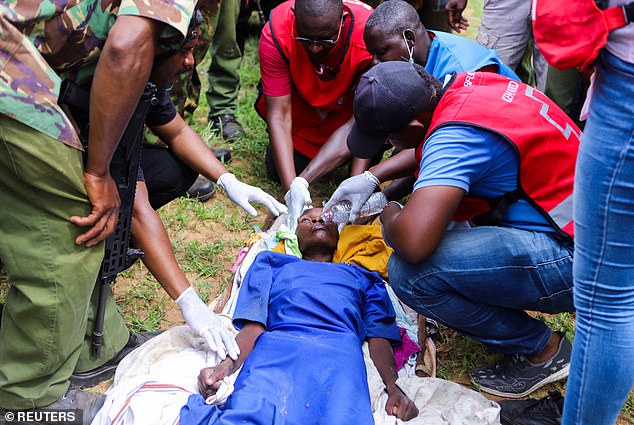
Survivors told investigators that the preacher told them to fast to death before the world ends so they could meet Jesus
Survivors told investigators that the preacher told them to fast to death before the world ends so they could meet Jesus.
The tip suggested that shallow graves in the area were filled with the bodies of at least 31 of Mackenzie’s followers.
Mackenzie turned himself in to police the month before the bodies were found, after two children starved to death in the care of their parents.
He was released on bail for the Kenyan equivalent of just £560.
Cults are common in Kenya, which has a largely religious society.
Kenyan Home Affairs Minister Kithure Kindiki said after the discovery of the bodies that the case was “the clearest violation of the constitutionally enshrined human right to freedom of worship.”
Attempts to regulate religion in the predominantly Christian country have been fiercely contested in the past as attempts to undermine constitutional guarantees of separation between church and state.
